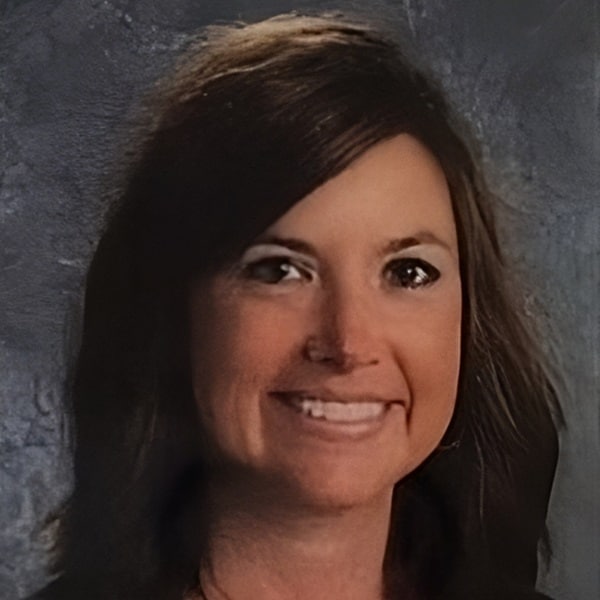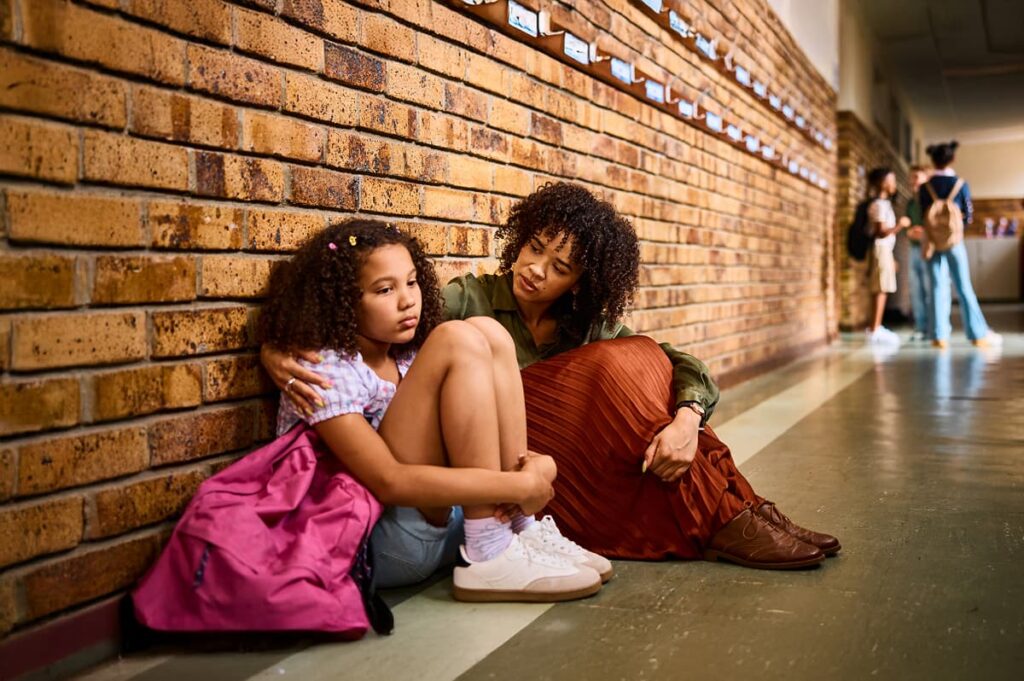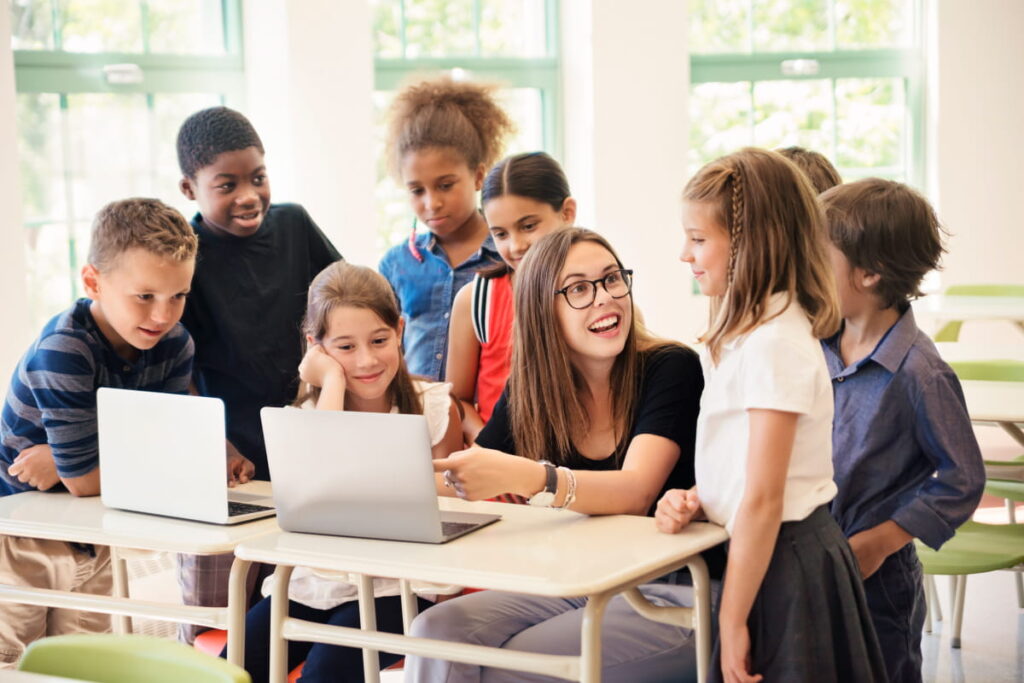Remember when you wanted what you currently have. Remember to be thankful for what you’ve worked hard to have right now.
I have the above quote posted on my mirror at home as a daily reminder to give thanks for every day. I was 17 when I found out I was pregnant and left home not long after. I never imagined that as an adult I’d have a doctorate degree and be able to financially support not only myself, but also to help support my daughter in college. I remember WIC appointments, section eight housing applications, finding daycare that would take the voucher assistance I received and trying to balance school, work, and the amazing little girl I was blessed to start and end each day with.
Though I did well in school, I don’t remember feeling a strong sense of belonging–particularly as a pregnant high school senior–until I started college. I had a professor who was a single parent. I remember meeting with her and the many encouraging words she gifted to me: words about survival, success, and hope. In class, she shared the stories of the youth she had worked with at a correctional facility. She shared compassion and commitment to understand each youth’s story. And, she shared the hope she had for each youth’s healing.
What I was given was an educator that not only cared about my success in her class, but cared about me as an individual, as she had for so many others. She had the ability to understand the perspective of another, and demonstrate empathy without judgement, no matter the mistake or action encountered. And though she didn’t formally teach my college class Social Emotional Learning (SEL), she modeled the definition everyday.
As Social Emotional Learning (SEL) becomes a core component of school, I am reminded that SEL is not just about the instruction or content. In the November (2018) report for CASEL “Respected: Perspectives of Youth on High School and Social Emotional Learning,” 42% of youth self-identified having felt lonely at some point in their school career; 52% identified feeling comfortable (in the school environment) and taking risks in school, and about a quarter of students did not endorse feeling comfortable being themselves. In addition, student ratings of self-efficacy dropped significantly in middle and high school, particularly among females (West, Fricke, Pier, 2018).
Adults play a key role in improving student outcomes in both achievement and behavior through the relationships they create with students. Morris (2016) discussed the need for educators to hold an “unconditional belief that all students possess an ability to succeed…Schools are modeling this kind of love every day, when they believe that the children they teach are worth it. (p.61).” The statement is especially true for adult relationships with our most disenfranchised students.
3 Tips for implementing Thankful to Thriving all year long
As educators, we can implement thankfulness strategies to create environments and relationships where all students can thrive. I offer the following three tips for implementing Thankful to Thriving all year long:
1.Handwritten Thank You’s
Acknowledge something specific a student has done. I have handwritten thank you’s to students who haven’t always spoken up or shared their perspective, to encourage and appreciate them for being willing to share their voice.
2. Recognize and Build Leadership
Invest time in learning about students’ strengths. I have seen students with some of the most challenging behavior show strong mentorship skills for younger students. I recently observed a 2nd grader who has had referrals for physical aggression shine as a mentor for a Kindergarten social skills group. I worked with another student a while back who was exhibiting some bullying behaviors, so we assigned him a younger student to support during lunch. Without direction, he began checking in with her at recess. He felt success and importance in his role and the bullying behaviors ceased.
3. Take Personal Interest
Learn names and correct pronunciations. Find out what students have a personal interest in and ask questions. I work with a food service director who stresses with her staff the importance of learning each student’s name and how valuable connection is to school culture. Asking students about their after school events, jobs, or other interest areas has gone a long way to build relationships.
What we model matters; the relationships we build with staff, students, and families matter. I am thankful for every child and every adult that has ever shared their story with me. I am thankful for the opportunities that I have to give back what was provided to me. Most of all, I am thankful for the shared humanity we can all gift to one another every day, every year and having the opportunity to create environments where all students can thrive.
References
DePaoli, J.L, Atwell, M.N., Bridgeland, J.M., & Shriver, T.P. (2018). Respected: Perspectives of youth on high school & social and emotional learning. A Report for CASEL.
Morris, M.W. (2016). Pushout: The criminalization of black girls in schools. The New Press: New York.
West, M.R., Fricke, H., Pier, L. (2018). Trends in student social-emotional learning: Evidence from the CORE districts. Policy Analysis for California Education.




